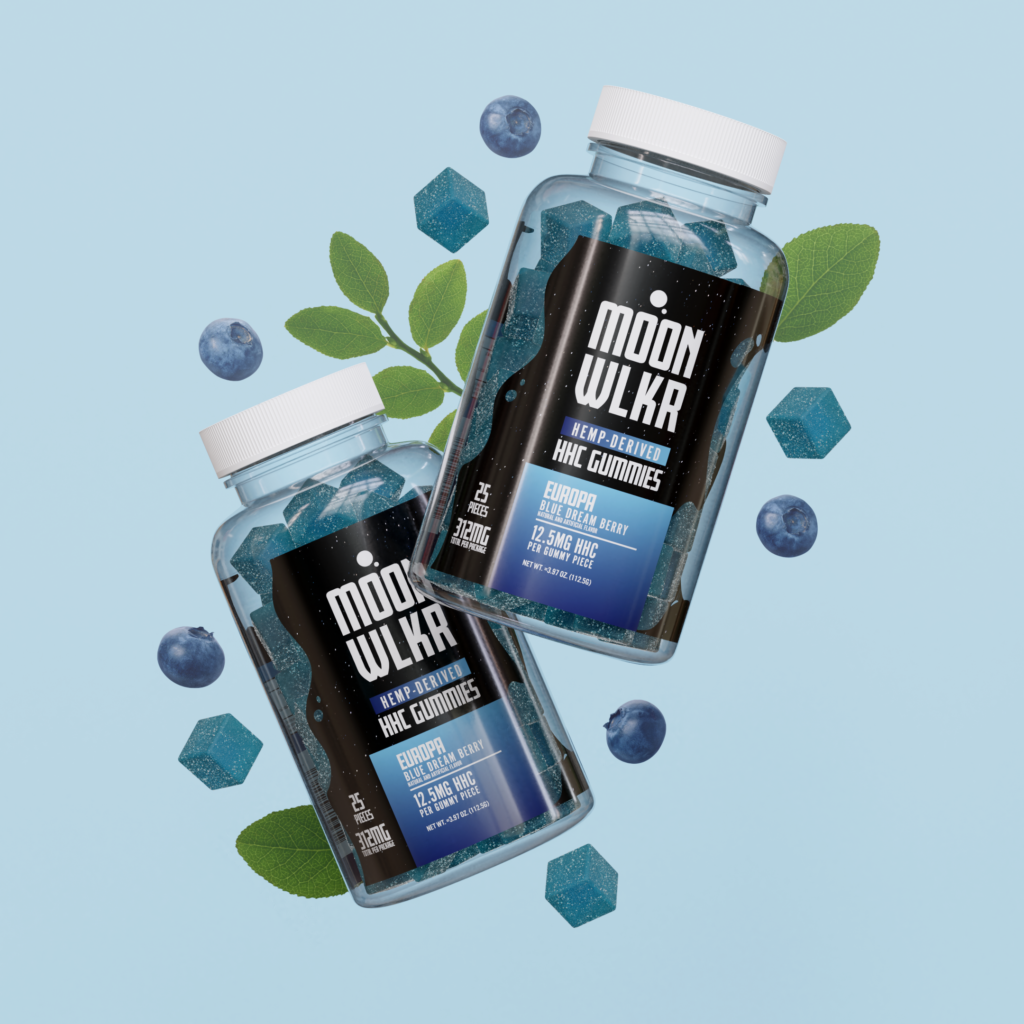
Hexahydrocannabinol is a semi-synthetic cannabinoid derived from hemp-sourced CBD. It’s structurally similar to THC but with some critical differences in its molecular makeup. The effects of HHC are identical to those of THC, albeit potentially milder, and are often consumed in the form of gummies for convenience and palatability. As a relatively new compound in the consumer market, HHC hasn’t been subject to the same level of scientific scrutiny as more established cannabinoids like CBD or THC. We draw some inferences based on its similarity to these better-studied compounds and the limited research available.
Comparing HHC to THC and CBD
The structure of HHC is similar to that of THC, some researchers hypothesize that HHC might offer pain-relieving properties identical to those observed with THC. A study published in 2015 found that THC-based medications were associated with modest improvements in pain when compared to placebo. It’s crucial to note that HHC is not identical to THC, and its effects may differ. Some users report that HHC produces milder psychoactive effects compared to THC, which could be advantageous for those seeking pain relief without significant impairment.
A well-studied cannabinoid, CBD, has also shown promise as a pain reliever. In a 2020 review, CBD has the potential to treat several pain types, including neuropathic pain, fibromyalgia, and arthritis pain. Given that HHC is derived from CBD, there’s speculation that it might share some of these pain-relieving properties, but more research is needed to confirm this.
Anecdotal evidence and user reports
In the absence of extensive clinical studies on HHC gummies for pain relief, many users have shared their personal experiences. HHC gummies manage various types of pain, including chronic, inflammatory, and neuropathic pain. It’s crucial to approach these reports cautiously, as individual experiences vary widely and may be influenced by placebo effects.
Entourage effect and HHC gummies
Some researchers propose that the combination of various cannabinoids and terpenes found in cannabis products may produce an “entourage effect,” enhancing the therapeutic benefits beyond what a single compound might offer. The premium hhc edibles often contain other minor cannabinoids and terpenes, which could potentially contribute to their reported pain-relieving effects. It remains unclear whether HHC is more analgesic when combined with these different compounds.
Potential mechanisms of pain relief
While specific studies on HHC’s pain-relieving mechanisms are lacking, we can speculate based on what we know about similar cannabinoids:
- Anti-inflammatory effects – Many cannabinoids have demonstrated anti-inflammatory properties, which could help reduce inflammation-related pain.
- Modulation of pain signalling- Cannabinoids interact with receptors in pain perception, potentially altering how the brain processes pain signals.
- Muscle relaxation – Some users report that HHC has muscle-relaxing properties, which could help alleviate particular pains, such as tension or spasms.
- Anxiety and stress reduction – Psychological factors influence pain perception. If HHC helps reduce anxiety and stress, as some users report, this could indirectly contribute to pain relief.
Future research directions
As interest in HHC grows, several areas of research could provide valuable insights:
- Comparative studies – Research comparing HHC to other cannabinoids like THC and CBD in pain management could help clarify its relative efficacy.
- Mechanism studies – Investigations into how HHC interacts with the endocannabinoid system and other pain-related pathways could shed light on its potential analgesic properties.
- Long-term safety studies – Research on the long-term effects of HHC consumption is crucial for understanding its safety profile.
- Dosage studies – Clinical trials to determine optimal pain relief dosing strategies could help guide medical professionals and consumers.
For individuals considering HHC gummies for pain relief, it’s crucial to approach them with caution and consult with a healthcare professional. As research progresses, we may better understand HHC’s role in pain management, potentially opening new avenues for those seeking alternative pain relief options.
